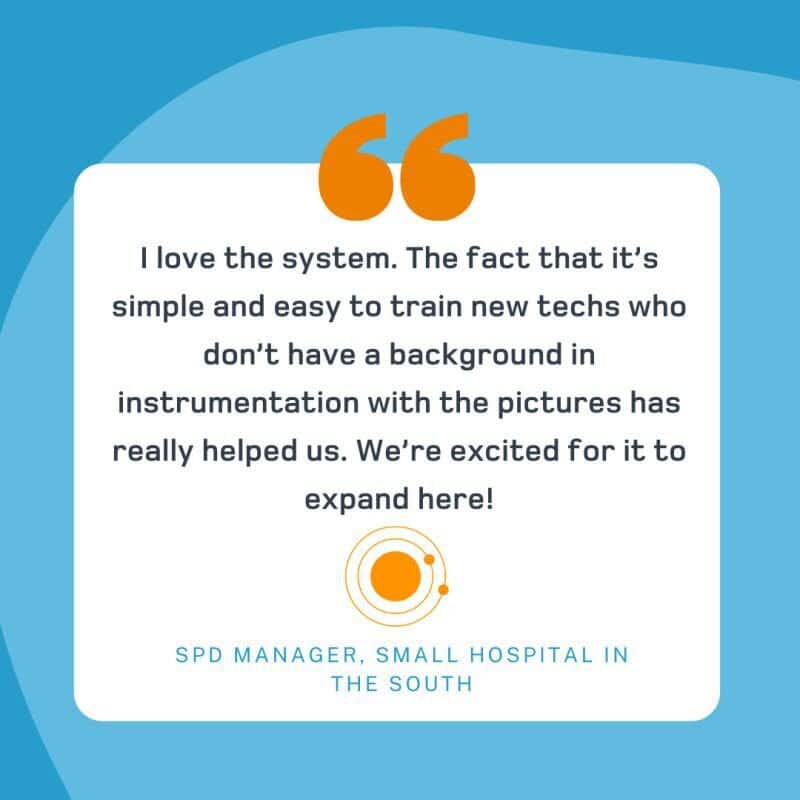The world of sterile processing is complex and unique. It requires a specific set of knowledge to become an asset to the department.
In a discussion with Kevin Anderson on a Healthmark podcast episode, CEO of Sterile Processing University Nancy Chobin says, “We need to understand that you can’t just drop somebody into sterile processing and expect them to be successful.” They must be provided with access to training materials and encouraged to value education.
In 1903, North Carolina became the first state to pass a bill that allowed nurses to register with the state after receiving an education from an approved public or private hospital. The swell from this decision built until, by 1923, all 48 states in the continental US had passed a form of nursing licensure legislation. While the regulation of what was considered acceptable education varied state to state, the fact that it was adopted by all was a huge step in the right direction.*
As a vital piece of the puzzle when it comes to patient safety and positive outcomes in the operating room, sterile processing certification should be considered just as important. Unfortunately, from the first state-implemented regulation in 2004, fewer than ten states require a certification to work in sterile processing. This is a battle worth fighting as the industry is changing.**
In recent years, this department has been placed under a microscope. The connection between the reprocessing of surgical devices and quality has been recognized, even in the court of law. An increase in certification compliance and continuing education will empower technicians across the country to do the right thing and will propel the industry into the future.
To quote Nancy Chobin once again, “There are a lot of people out there who don’t know the standards or guidelines or choose not to implement them because they don’t want to go up against the operating room or the surgeon. [But] in the operating room, the surgeon has the right to assume that everything that was brought into that room was safe for the patient otherwise it wouldn’t have been brought in there.” The technicians in the SPD are totally responsible for consequences related to the sterilization of devices.
Change must come from within. Leaders in sterile processing, this is a call to action!
- Recognize that education is the backbone of surgical excellence and sterile processing.
- Encourage your teams to stay informed and current with their certifications.
- Lead by example and obtain your own certification!
- Be a reliable resource for your staff and your facility.
Check out the links below for more information on this topic.
Preforming a Sterile Instrument Tray Audit
Tray auditing creates a high standard for quality in the department. It can be a useful tool to support and encouraging staff to hone and develop their skills.

High Quality Instrument Images
Give your techs the confidence to understand exactly what they are inspecting by providing them access to HD instrumentation images. Meet Sonar!


